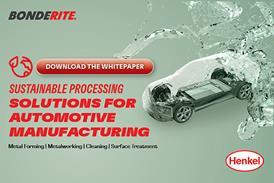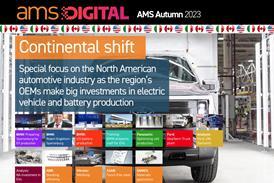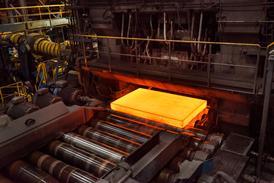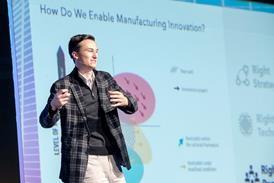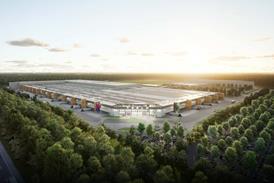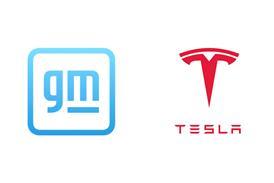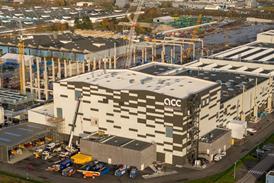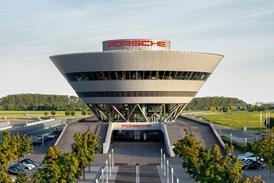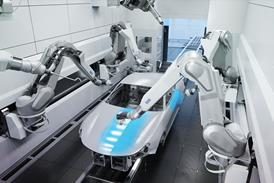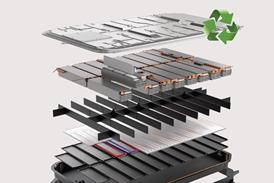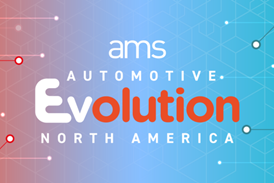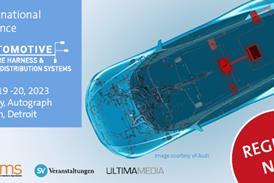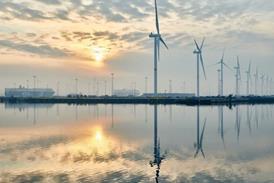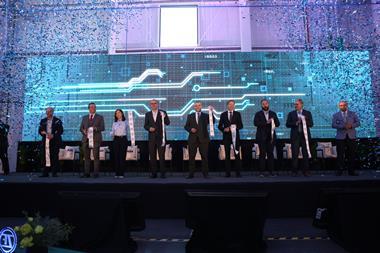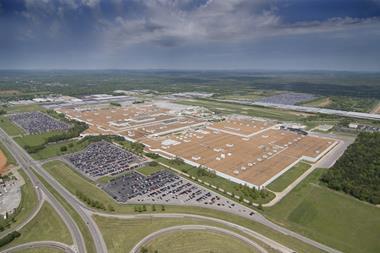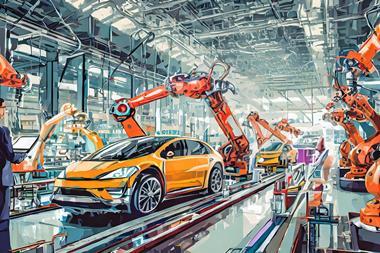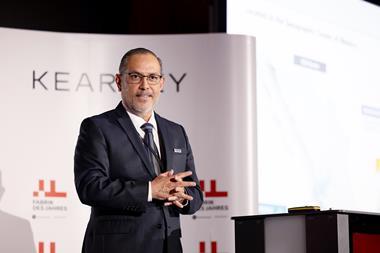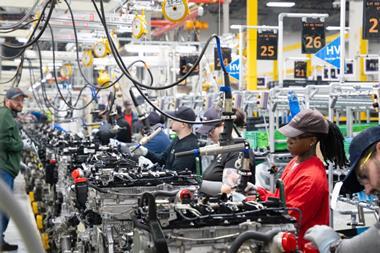 Germany – According to ‘Roadmap E’, the OEM will electrify its line-up by 2030, offering at least one electrified version of the 300 models across the Group worldwide. Volkswagen plans to introduce 80 models by 2025 and estimates that 25% of new Group vehicles, amounting to 3m per year, could be purely battery-powered by this date.
Germany – According to ‘Roadmap E’, the OEM will electrify its line-up by 2030, offering at least one electrified version of the 300 models across the Group worldwide. Volkswagen plans to introduce 80 models by 2025 and estimates that 25% of new Group vehicles, amounting to 3m per year, could be purely battery-powered by this date.
“This is not some vague declaration of intent. It is a strong self-commitment which, from today, becomes the yardstick by which we measure our performance,” commented Matthias Müller, chairman of the board of management of Volkswagen AG, at the Frankfurt Motor Show, Germany. “The transformation in our industry is unstoppable. And we will lead that transformation.”
Volkswagen had already included e-mobility in the ‘Together – Strategy 2025’ it unveiled in June last year, stating its aim to lead the field in this regard by 2025. ‘Roadmap E’ will include spending €50 billion ($59.5 billion) to support the 150GWh of battery capacity which VW will need every year by 2025 for its own e-fleet alone; the company says this is one of the largest procurement volumes in the history of the industry. VW said the tender “has been initiated with regard to long-term strategic partnerships for China, Europe and North America”.
Furthermore, the OEM pledged €20 billion for what it called “direct investments in the industrialisation of e-mobility”: new EV platforms; plant upgrades; workforce training; battery technology and production; charging infrastructure; and trading and sales.
Battery technology will be tackled with “a multi-stage, medium- to long-term strategy”, starting with the bundling of Group development, procurement and quality assurance for cells and modules at a centre of excellence in Salzgitter, Germany. This will also be the site of VW’s first pilot line designed to build production know-how. Further ahead, the company is preparing for next-generation technology focused on solid-state batteries.
The vehicle-maker added that it is committed to “an orderly system changeover” during which the internal combustion engine of today will act as “an indispensable bridge to an emission-free age”. Müller said this would “enable sustainable and affordable mass mobility”.


